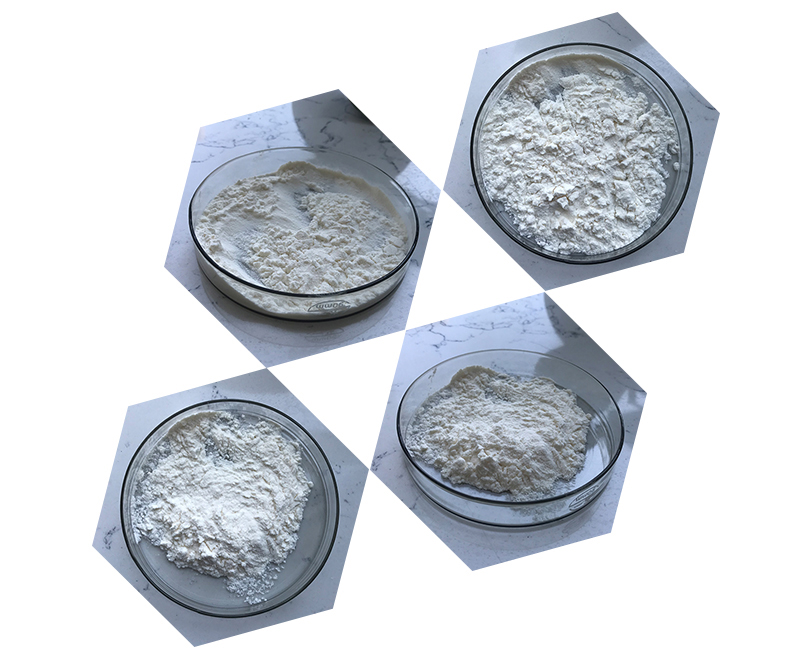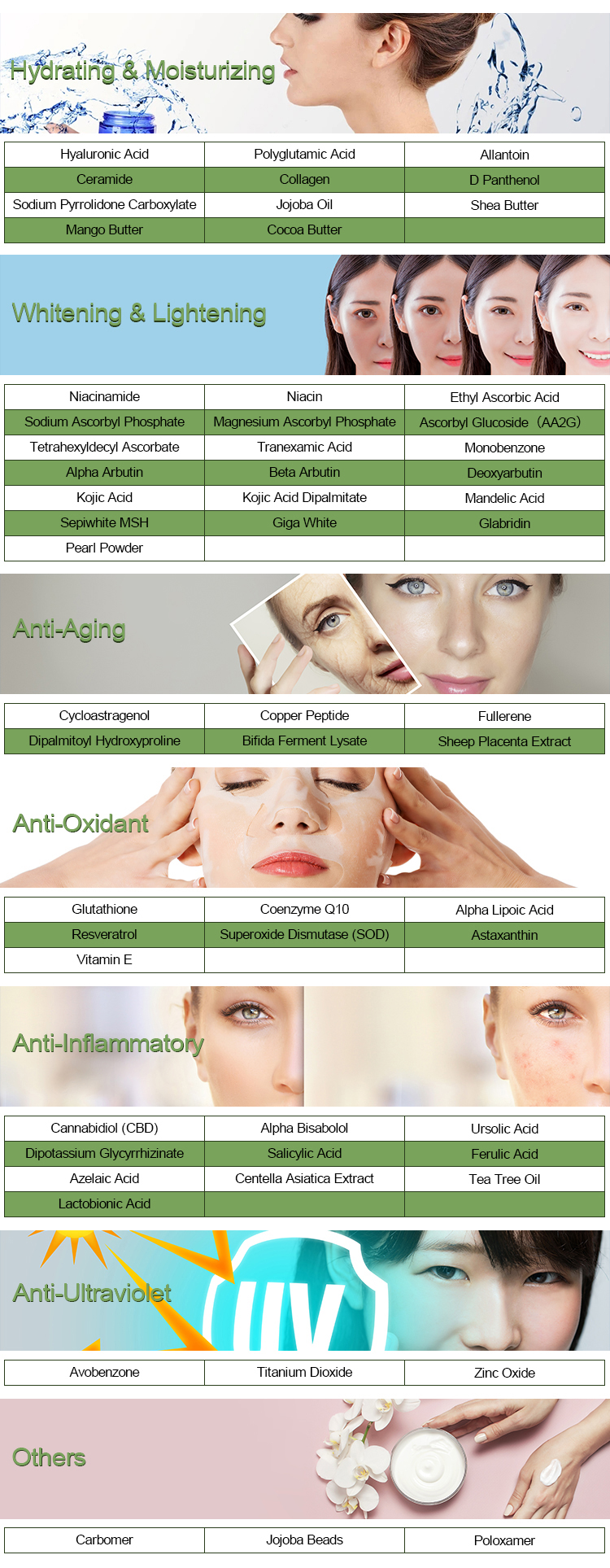Magnesium Ascorbyl Phosphate (MAP) is a water-soluble derivative of vitamin C (ascorbic acid) that is commonly used in skincare and cosmetic products for its antioxidant and skin-brightening properties. It is a stable form of vitamin C that is less prone to oxidation compared to ascorbic acid, making it a popular choice in skincare formulations. Here’s more information on its origin and properties:
Origin of Magnesium Ascorbyl Phosphate:
Magnesium Ascorbyl Phosphate is a synthetic compound derived from ascorbic acid (vitamin C). It is typically produced through chemical reactions that involve the esterification of ascorbic acid with phosphoric acid and then binding it to magnesium. This modification enhances the stability and water solubility of the compound, making it suitable for topical applications in skincare products.

Properties of Magnesium Ascorbyl Phosphate:
- Antioxidant Activity: Like other forms of vitamin C, MAP exhibits antioxidant properties. Antioxidants help protect the skin from oxidative stress caused by free radicals, which can lead to premature aging, fine lines, and wrinkles. Magnesium Ascorbyl Phosphate helps neutralize these free radicals, reducing the signs of aging.
- Skin Brightening: Magnesium Ascorbyl Phosphate can inhibit the production of melanin, the pigment responsible for skin darkening and age spots. By regulating melanin synthesis, it can help even out skin tone, reduce hyperpigmentation, and promote a brighter complexion.
- Collagen Production: Vitamin C is essential for collagen synthesis, a protein that helps maintain skin’s elasticity and firmness. Magnesium Ascorbyl Phosphate supports collagen production, which can contribute to a smoother and more youthful appearance of the skin.
- Skin Hydration: Magnesium Ascorbyl Phosphate has hydrating properties and can help improve skin’s moisture retention. This is particularly beneficial for individuals with dry or dehydrated skin.
- Stability: One of the key advantages of Magnesium Ascorbyl Phosphate is its stability. Unlike ascorbic acid, which can degrade when exposed to light, air, or high temperatures, Magnesium Ascorbyl Phosphate is less prone to oxidation. This makes it a more reliable choice for skincare products, as it retains its potency over time.
- Compatibility: Magnesium Ascorbyl Phosphate is generally well-tolerated by most skin types, including sensitive skin. It is less acidic than ascorbic acid, which can be irritating to some individuals.
- Sun Damage Protection: While it is not a substitute for sunscreen, the antioxidant properties of Magnesium Ascorbyl Phosphate may provide some protection against UV-induced skin damage. However, it should not be relied upon solely for sun protection.

MAP is commonly found in various skincare products, including serums, creams, and lotions. When incorporating products containing Magnesium Ascorbyl Phosphate into your skincare routine, it’s essential to follow the manufacturer’s instructions and use sunscreen during the day to maximize its benefits and protect your skin from UV damage. Additionally, consult with a dermatologist or skincare professional if you have specific skin concerns or conditions.
